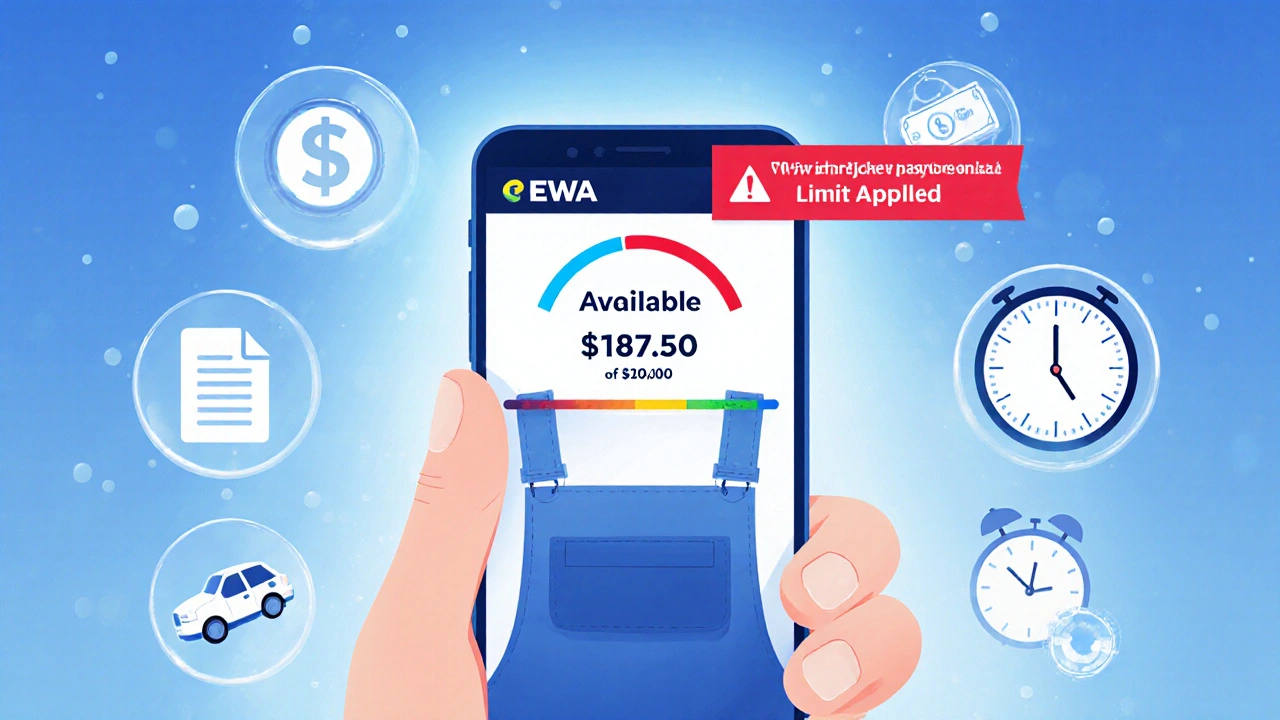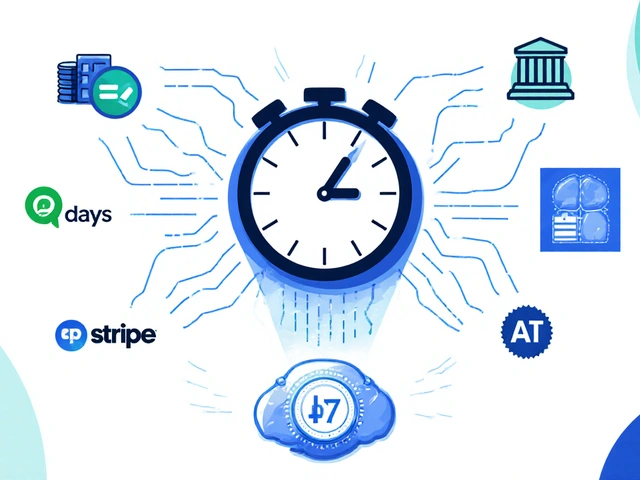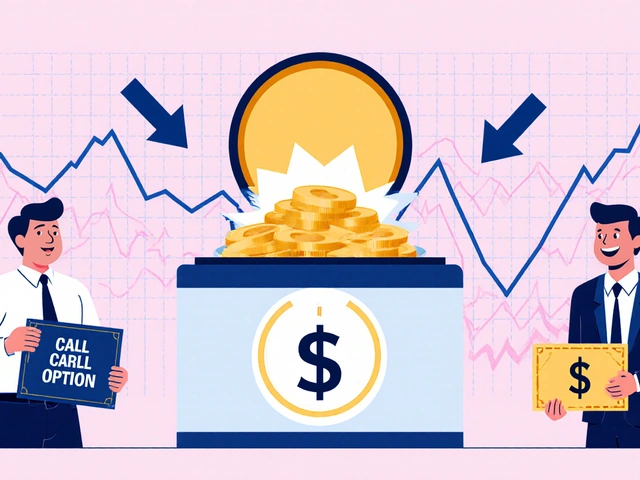Cooling-Off Periods: What They Are and How They Protect Your Investments
When you sign up for a financial product—whether it’s an investment plan, a brokerage service, or a high-pressure sales pitch—you often get a cooling-off period, a legally mandated window to cancel a contract without penalty. Also known as reflection periods, this is your safety net against rushed decisions. It’s not just a formality. In many cases, it’s the only thing standing between you and a financial commitment you didn’t fully understand.
These periods aren’t universal, but they show up where the risk is highest: door-to-door sales, investment seminars, online financial services, and certain insurance or annuity products. The SEC, the U.S. agency that regulates securities markets requires cooling-off periods for certain offerings, and PSD2, Europe’s open banking rule includes similar protections for digital financial transactions. Even if you’re not in Europe or dealing with fintech, the idea behind these rules applies everywhere: if a deal feels too good to be true, or if you were pressured to sign fast, you should have time to breathe.
Most cooling-off periods last between 3 and 10 days. Some, like those for annuities or variable life insurance, can stretch to 30 days. The key is knowing when they apply. They don’t cover every brokerage account or stock trade—you can’t cancel a stock purchase just because the price dropped. But if you signed a contract after a sales pitch at a free dinner seminar, or bought a bundled investment package online with a countdown timer, you likely have rights. And those rights aren’t hidden in fine print—they’re written into law.
What’s missing from most people’s understanding is how often these protections are ignored. Salespeople don’t always mention them. Online forms bury the cancellation option. Even banks sometimes assume you won’t check. That’s why knowing the rules matters more than ever. With fintech startups pushing new products faster than regulators can keep up, your cooling-off period might be your only real defense.
The posts below dig into real situations where these rules matter: how licensing rules for fintech startups affect your ability to cancel, how automated loan systems change your rights, and why tax-aware investing doesn’t mean you should skip the fine print. You’ll find practical advice on spotting when a cooling-off period should apply, how to enforce it, and what to do if you’re told it doesn’t exist. These aren’t theory pieces—they’re field guides for protecting your money when the system moves too fast for you to keep up.





